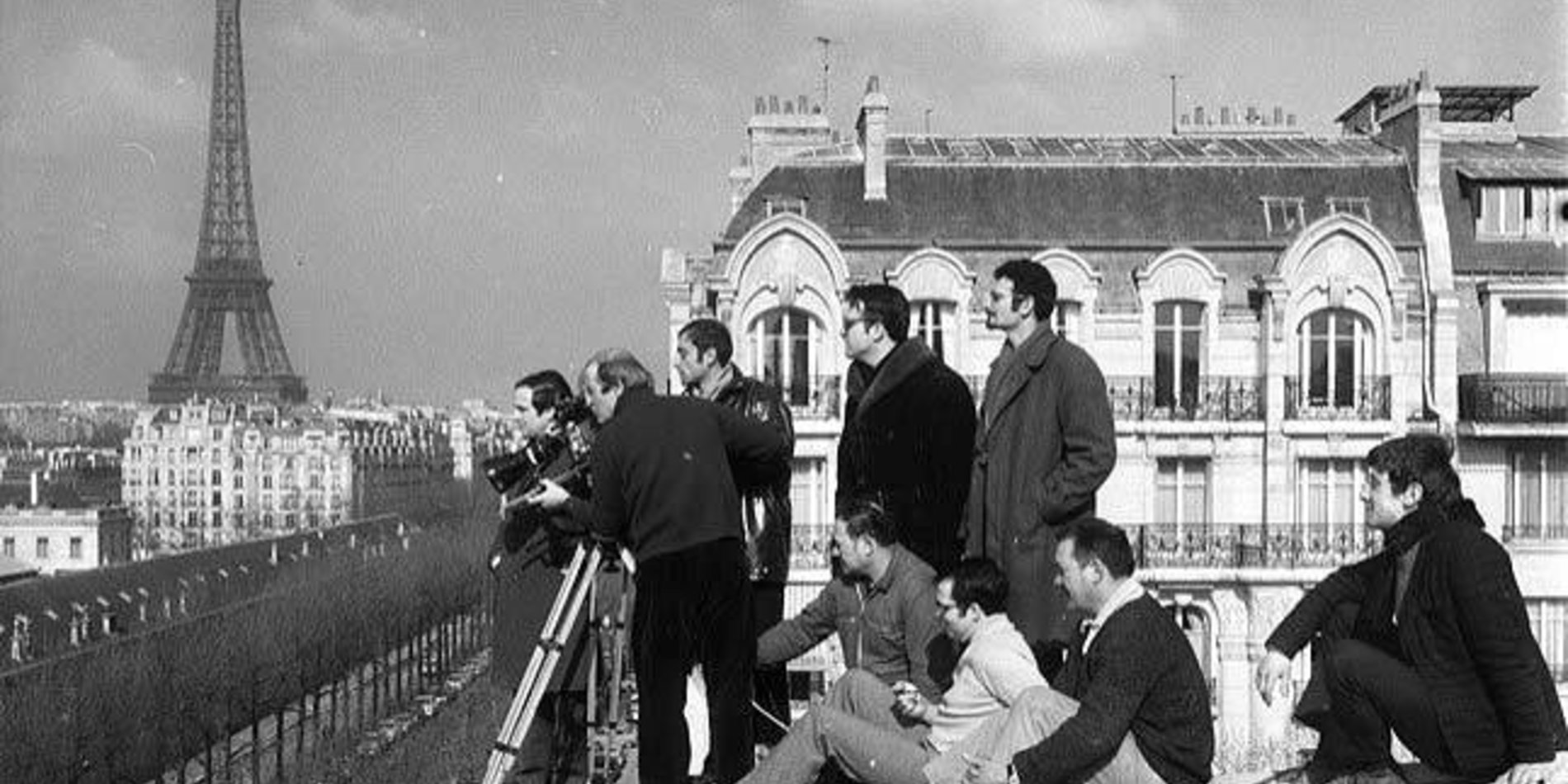FRENCH 87N: The New Wave: How The French Reinvented Cinema
General Education Requirements
No prior knowledge of film history or French required. Taught in English.
Course Description
When 27-year-old François Truffaut walked the red carpet with his 14-year-old lead actor Jean-Pierre Léaud at the 1959 Cannes Festival for his first film, 400 Blows, the world took note. Journalists and critics heralded nothing less than a revolution in film-making. They called it "The New Wave," and it changed forever the way films are made and the ways we think about films.
Shooting on location with small crews, light cameras, unknown actors and improvised scripts, young film-critics-turned-filmmakers circumvented the big studios to craft low-budget, "indie" films that felt fresh, irreverent and utterly modern. In just a few years, the Nouvelle Vague delivered such landmark works as Truffaut's 400 Blows, Godard's Breathless and Pierrot le Fou, and Resnais' Hiroshima mon amour. Together with a bunch of young directors, they redefined the essence of cinema as an art form as complex and multilayered as literature.
Why did these films look so radically fresh when they borrowed from American film noirs? What do they have in common, in spite of the fact that each director claimed to "write" his films in an utterly personal style? How did they impact cinema forever, influencing renowned directors like Quentin Tarantino, Stephen Spielberg and Martin Scorsese? Why will they change your life, as they did for past students and millions of viewers?
This course will explore a unique moment in French culture and the history of cinema, when radical politics, youth culture, and high aesthetic ambitions coalesced into dazzling experiments on the screen that continue to influence world cinema to this day.
Students will learn to see—and make—films in an entirely different light, not as story and psychology only, but as a myriad of aesthetic, technical, moral and even financial choices (why not cast your girlfriend if you don’t have the budget for a star?). We will watch and discuss one master piece each week and dive into different levels of film analysis: technical practices and choices afferent to studio/location shooting, narrative construction, camera angles and movement, choice of reels, sound and music scores, lighting, acting and casting, etc.
Students will write film reviews as if they were critics at the Cahiers du Cinema, become film editors as they dissect and recompose video clips into their own style, and learn frame-by-frame analysis and interpretation. For their end of quarter project, students can choose to write a final essay on a film, or to write a screenplay or shoot a short film. You can see an example here.
Meet the Instructor: Cecile Alduy

"I was born in Paris, and spent my younger years roaming the very cityscape that forms the background of so many New Wave movies. If I did not watch three films a day, like Truffaut did (in secret and often without paying) as a teenager, going to the movies was always at once normal, almost banal (we would go often) and magical.
"Here at Stanford, I am a professor of French literature and culture in the French and Italian Department. I am originally a specialist of Renaissance literature (Montaigne) but I have recently dedicated my research to contemporary political discourse analysis, especially populist discourses. I’ve published Ce qu'ils disent vraiment: Les politiques pris aux mots (Politicians in Their Own Words: What They Really Mean", Seuil 2017) and Le Pen Taken by Her Word: Decoding the New National Front Discourse (Seuil, 2015), which examines the rhetoric of far right leader Marine Le Pen. Both books have been covered on French and international media, including the BBC, NPR, KQED, CNN, The Wall Street Journal, The New York Times, The Washington Post, etc.
"In 2004, I founded with Professor Cohen the Stanford French Festival, "From Script to Screen: Conversation on Contemporary French Cinema," where we invited film directors and actors to present their films here on campus.
"I also write regularly on French politics, literature and cinema for the Nation, Politico, the New York Times, the Atlantic, the Boston Review, the New Yorker, OpenCulture, Le Monde, L'Obs and Libération."




